Robots should be used for nice things, not fighting wars, according to an open letter penned by a group of robotics experts.




Could human civilization eventually spread across the whole Milky Way galaxy? Could we move beyond our small, blue planet to establish colonies in the multitude of star systems out there? These questions are pretty daunting, but their (theoretical) answers were actually put forth decades ago. Roey Tzezana describes the conceptual von Neumann machine. [Directed by Eoin Duffy, narrated by Addison Anderson, music by Wesley Slover].
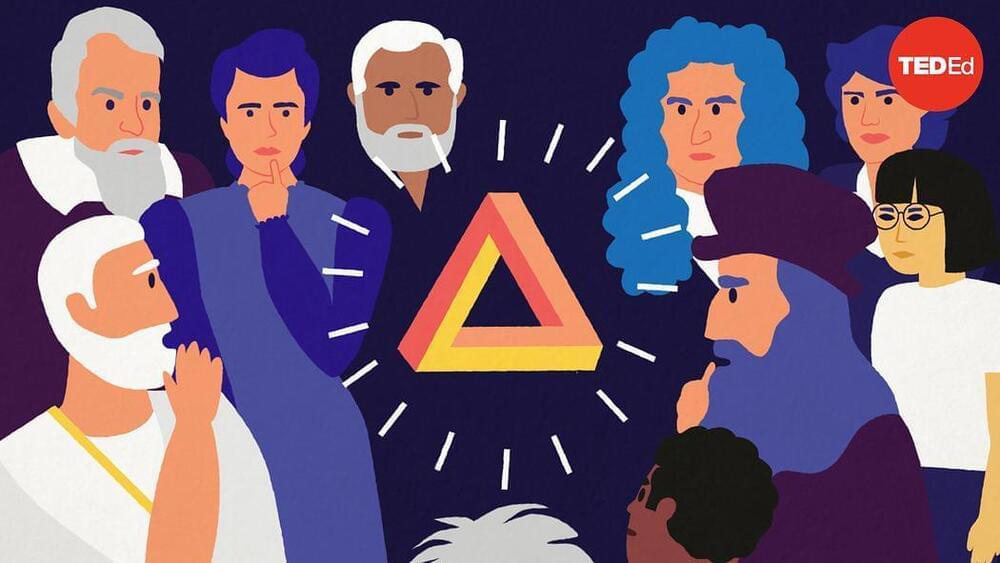
Today, one of the biggest paradoxes in the universe threatens to unravel modern science: the black hole information paradox. Every object in the universe is composed of particles with unique quantum properties and even if an object is destroyed, its quantum information is never permanently deleted. But what happens to that information when an object enters a black hole? Fabio Pacucci investigates. [Directed by Artrake Studio, narrated by Addison Anderson, music by WORKPLAYWORK / Cem Misirlioglu].
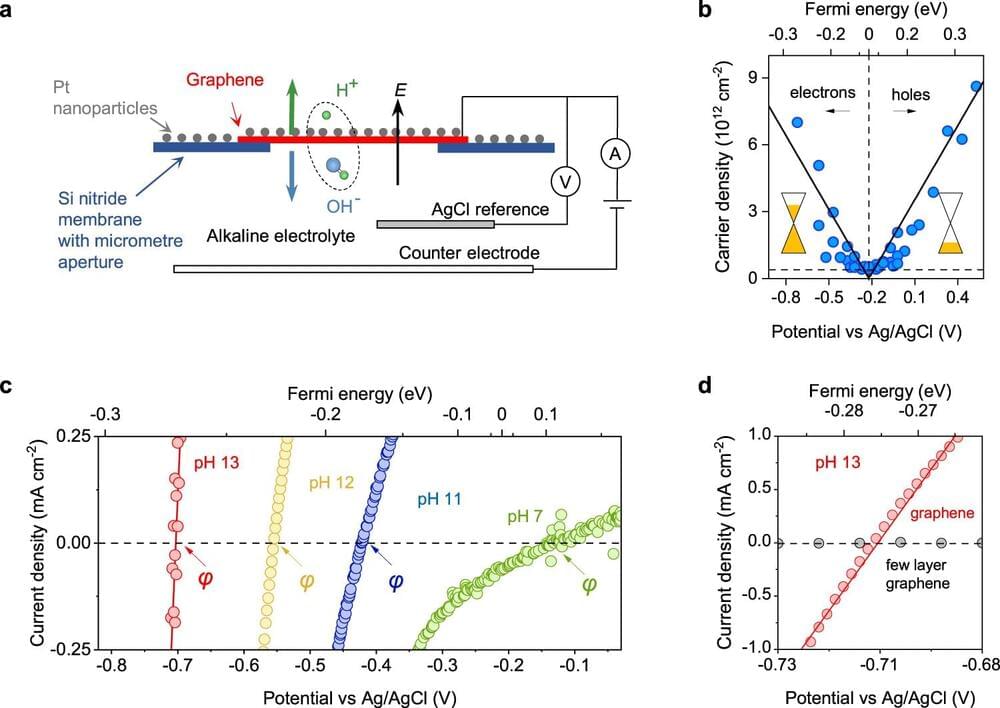
Writing in Nature Communications, a team led by Dr. Marcelo Lozada-Hidalgo based at the National Graphene Institute (NGI) used graphene as an electrode to measure both the electrical force applied on water molecules and the rate at which these break in response to such force. The researchers found that water breaks exponentially faster in response to stronger electrical forces.
The researchers believe that this fundamental understanding of interfacial water could be used to design better catalysts to generate hydrogen fuel from water. This is an important part of the U.K.’s strategy towards achieving a net zero economy. Dr. Marcelo Lozada-Hidalgo said, “We hope that the insights from this work will be of use to various communities, including physics, catalysis, and interfacial science and that it can help design better catalysts for green hydrogen production.”
A water molecule consists of a proton and a hydroxide ion. Dissociating it involves pulling these two constituent ions apart with an electrical force. In principle, the stronger one pulls the water molecule apart, the faster it should break. This important point has not been demonstrated quantitatively in experiments.

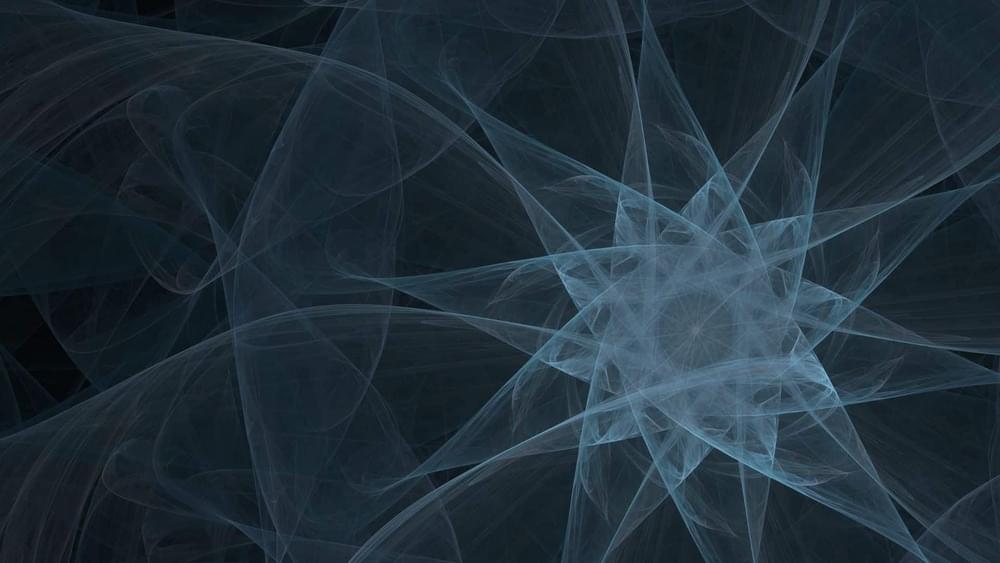
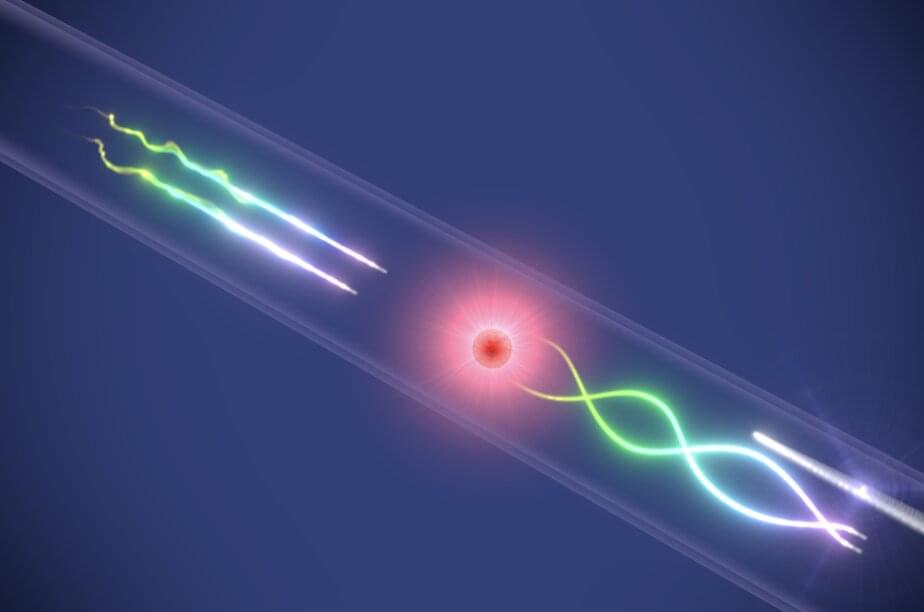
Photons, particles that represent a quantum of light, have shown great potential for the development of new quantum technologies. More specifically, physicists have been exploring the possibility of creating photonic qubits (quantum units of information) that can be transmitted over long distances using photons.
Despite some promising results, several obstacles still need to be overcome before photonic qubits can be successfully implemented on a large-scale. For instance, photons are known to be susceptible to propagation loss (i.e., a loss of energy, radiation, or signals as it travels from one point to another) and do not interact with one another.
Researchers at University of Copenhagen in Denmark, Instituto de Física Fundamental IFF-CSIC in Spain, and Ruhr-Universität Bochum in Germany have recently devised a strategy that could help to overcome one of these challenges, namely the lack of photon-photon interactions. Their method, presented in a paper published in Nature Physics, could eventually aid the development of more sophisticated quantum devices.
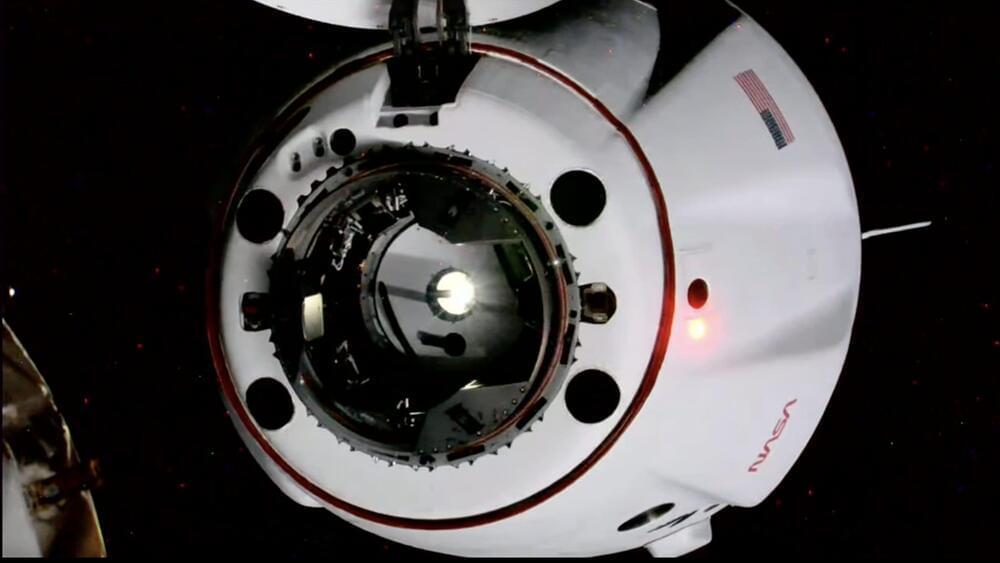
Space is important to us and that’s why we’re working to bring you top coverage of the industry and Florida launches. Journalism like this takes time and resources. Please support it with a subscription here.
A four-person crew of astronauts and a cosmonaut arrived at the International Space Station on Thursday, completing a 29-hour trek in a SpaceX capsule that began in Florida.

As if Elon Musk’s week couldn’t be more eventful, the Tesla (TSLA) CEO gave the automotive world more news to chew on.
In a tweet last night, Musk said Tesla has begun production of its long-awaited electric Tesla Semi truck, and that deliveries to Pepsi (PEP) would begin on December 1st. In a follow-up tweet, Musk said the semi would have 500 miles of range and would be “super fun to drive.”